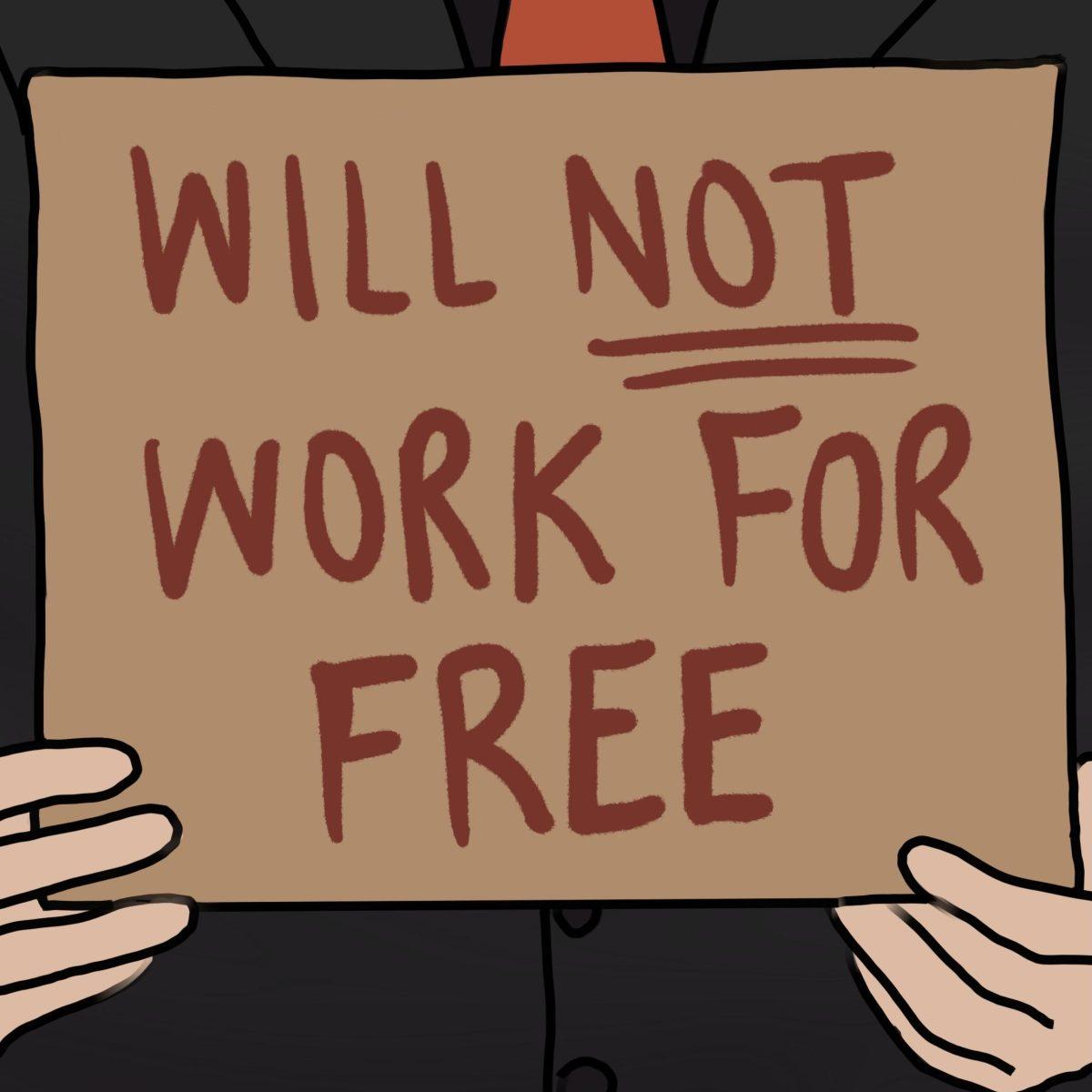It is recommended that all college students have at least one or two internships before graduation. Internships are an excellent way for college students to learn more about their career paths and get a taste of the real world. However, many internships are unpaid. Therefore, for students who are lower-income, it can be nearly impossible to complete an internship, work a paying job and do school all at once.
I completed an internship last summer. I was an intern for 20 hours a week, on top of doing summer school and working a part-time job. I had little to no free time. Luckily, I was taking some easier courses. If I were taking upper-level classes, I would’ve never been able to complete the internship. While I did get school credit for the internship, it was completely unpaid.
Since then, I have been able to find some paid opportunities, but I know some other students have not been as lucky.
Political Communications senior Merissa Butler has worked as an unpaid intern for almost a year now. She currently works as a social media coordinator for a small company based in Baton Rouge. Butler works around 15 to 20 hours a week.
“I like my internship. However, I believe that I should get paid at least minimum wage,” Butler said. “I understand that this is the exchange of education, but what I offer is a lot more valuable.”
The government established regulations that protect workers, including a federal minimum wage, with the Fair Labor Standards Act of 1938.
If it’s illegal to pay a worker below minimum wage, why are interns allowed to work for free?
Interns fall through the cracks of worker protections. The way to determine whether someone is considered an intern rather than an employee is determined by the “primary beneficiary test.” Basically, employers are legally allowed to keep unpaid workers because there is an exchange of work for education.
Unpaid internships are inherently classist and perpetuate growing class divide. Higher-income students are able to complete the unpaid work, maintain that intensive resume and receive a better-paying job after graduation. In contrast, lower-income students can often not afford to work for free.
While it’s reasonable for students to be paid less than professionals, it’s not fair for them to not be paid at all. The work interns provide goes far beyond a learning experience and includes many regular tasks of any employee. Businesses majorly benefit from the labor of interns.
Unpaid internships are exploitative and should be illegal. Interns deserve the same protections as any worker, and that includes at least minimum wage.
Kacey Buercklin is a 21-year-old political communications major from Murrayville, GA.





